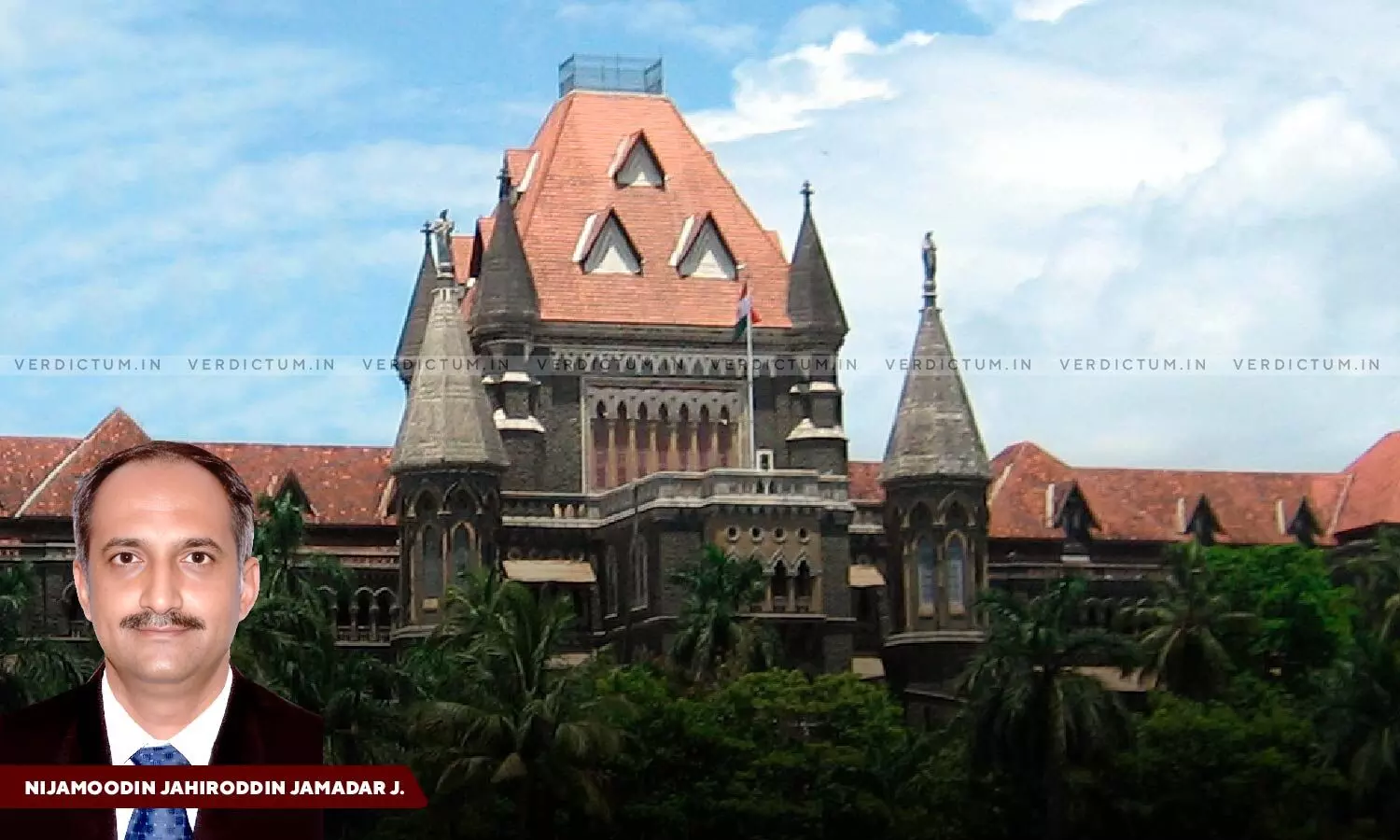
A Person Causing Dowry Death Of Woman Is Disqualified From Inheriting Her Property Under Hindu Succession Act: Bombay HC
 |
|The Bombay High Court held that a person who caused the dowry death of a woman is disqualified from inheriting her property under the Hindu Succession Act, 1956 (HSA).
The Court held thus in a testamentary petition filed by the father of the deceased woman who met the dowry death.
A Single Bench of Justice N.J. Jamadar observed, “The conspectus of the aforesaid consideration is that a person who has caused the dowry death of a woman, falls within the dragnet of disqualification prescribed under section 25 of the Hindu Succession Act, 1956, if the said factum is proved to the satisfaction of the Civil Court. Therefore, the Department was not justified in questioning the competence of the petitioner on the count that the husband of the deceased has not been convicted for the offence punishable under section 302 but under section 304-B of the Penal Code. The Department’s requisition thus stands dispensed with.”
Advocate Neeraj Patil appeared for the petitioner and Amicus Curiae Anuj Desai was appointed by the Court.
Facts of the Case -
The marriage of the deceased woman (petitioner’s daughter) was solemnized in 2013 and she passed away in 2014. The cause of her death was excess bleeding and multiple injuries as noted during the course of postmortem examination. The petitioner preferred a petition for grant of a succession certificate in respect of certain debts and securities belonging to the deceased. He averred that the heirs mentioned in the same i.e., the husband, father-in-law, and mother-in-law of the deceased were disqualified to inherit her property as they were convicted for the offences punishable under Sections 304-B and 498-A of the Indian Penal Code (IPC) and Sections 3 and 4 of the Dowry Prohibition Act, 1961 (DP Act).
As the mother of the deceased expired during the pendency of the petition, the petitioner being the father was the only surviving legal heir of the deceased. In 2023, the officer on special duty, Testamentary Department raised an objection to the tenability of the petition at the instance of the deceased’s father, questioning his capacity as her husband was alive and that the person convicted for the dowry death cannot be equated with a murderer who is disqualified under Section 25 of HSA. Hence, the question of general importance that arose before the High Court was whether a person who has caused dowry death incurs disqualification to inherit the property of a woman, who met the dowry death, under HSA.
The High Court in the above context of the case noted, “It is not an essential ingredient for an offence under section 304-B that the death must be homicidal. It would suffice if the death has occurred otherwise than under normal circumstances meaning thereby the death not in the usual course but under suspicious circumstances, even if it is not caused by burns or bodily injury. What is of pivotal significance is the death of a woman, under the circumstances, indicated by section 304-B of Penal Code.”
The Court further noted that to curb the menace of dowry death, the Parliament considered it necessary to carve out a separate offence under Section 304-B and also incorporate a presumption under Section 113B of the Indian Evidence Act.
“It is also necessary to note that the offence of dowry death punishable under section 304-B of the Penal Code can not be said to be a minor offence viz a viz the offence of murder punishable under section 302 of the Penal code. A useful reference in this context can be made to a three Judge Bench decision in the case of Shamnsaheb M. Multtani vs. State of Karnataka8 wherein it was enunciated that the composition of the offence under Section 304-B is vastly different from the formation of the offence of murder under Section 302 and hence the former cannot be regarded as minor offence vis à-vis the latter”, it added.
Accordingly, the High Court decided the legal issue in favour of the petitioner.
Cause Title- Pawan Jain v. Sejal Anurag Jain